|
Pointer to research results published by ScienceDaily
When our kids were in school, we knew a couple who were highly respected parents. Imagine my thrill when I learned that they limited their very smart and very talented son to two (or was it three?) extracurricular activities at a time. While other parents were bragging about the hours they spent shuttling their kids from activity to activity, these parents confidently let people know that they thought some reasonable limits were best for their son.
Their confidence set the example I needed to let go of any concern I had that my own kids might be falling behind because they weren't overbooked and in constant motion. It was really helpful and comforting information during a time that I needed more help and comfort! If you would appreciate knowing that your kids don't need to be booked 24/7, look no further than this article published by ScienceDaily: Are your children overdoing it? Too many extracurricular activities can do more harm than good. It summarizes results from a small study in England and points out that "a busy organized activity schedule can ... potentially harm children's development and wellbeing." It may provide the info working parents need to better manage their time and protect their sanity.
Originally Published: May16, 2018 | Last Updated: Jun 11, 2018
0 Comments
Book Review
Being a working parent is a challenge. After reading the book The Hate U Give recently, I'm reminded that it's even more of a challenge for some parents, like those depicted in the book. This young adult novel was a book club "assigned read" and one that I feared would be a difficult one. But it was just the opposite. While the subject matter is heavy and revolves around a police shooting of an unarmed young man, the story is told in a way that is compelling and well-rounded. Along with the very difficult situations, there is love, laughter and teen-aged silliness (and angst).
Even though the book is targeted at readers much younger than me, I found it compelling, relevant, and very worthwhile. It made me realize than one person's idea of struggle just may be another's idea of privilege. If everyone in the US (at least) read this book, I think we might have at least a little less strife and a lot more understanding of each other.
Commentary on a recent article in The Economist Most parents want their children to be paid fairly when they enter the workforce. They believe that compensation should correlate to value delivered, and that an employee's gender should not impact their pay. Many are passonate about the topic of "equal pay for equal work", and we recently wrote about some of them in the story "When Parents Act Like Corporations". The first step toward achieving equal pay is working (i.e. obtaining some pay ;). Then, if you want to compare your compensation to another employee's, you need to produce at least the same results or value as that person. Some fascinating data about the gender pay gap was recently published in the the story "Choices and Consequences". Some studies show that pay rates for men and women align until the birth of their first child. After that, women who have a child find that, on average, their pay dips. Many factors explain the dip, and some people are bothered by it. Researchers from Princeton, the London School of Economics, and the Danish Ministry of Taxation recently found that in Denmark, one of the greatest predictors for how a woman's pay will be impacted by having a child is the example set by her mother. Specifically, the example her mother sets in terms of how she manages her career. Apparently men's pay, on average, dips very little, if any, after their first child is born. You can read about this research in a short article in The Economist: The roots of the gender pay gap lie in childhood. So, if you're serious about wanting your daughter to be compensated at the same rate as the men she will work with, look no further than the example set within your own family. . . . Related note: A guy I know recently commented that we often give mothers most of the credit, as well as the blame, related to their children's opportunities and behaviors. We agree. At the same time, many couples believe that childrearing is a team effort, and neither parent's contribution is more important than the other's. Congratulations to all of the parents working so hard to support their children, each other, and their communities. It isn't easy, and that's why we admire you!
Submitted by Maggie We’re called the “sandwich generation.” I’m not sure who coined the expression, but it does seem to work. With advances in medicine, and Medicare covering the costs of that medicine, most people are living longer. This means that our children (the sandwich’s bottom layer) and our elder relatives (the sandwich’s upper layer) become part of the daily juggle for a working parent. How do working parents cope? Two years ago we lost my dad to a sudden heart attack. This left my mother without a full-time caregiver in a community that was built around two golf courses and not designed for someone requiring assistance. Mom had taken a series of falls two years prior to his death, and her injuries, coupled with peripheral neuropathy and arthritis, left her needing a lot of daily care. Her mind is sharp, but dressing, showering, and getting to doctors' offices had been left to my dad. Her daily requests and needs surpass those of a child and leave me wondering how to approach my employer regarding my need to give my mom the attention she needs. Shortly after we moved Mom to an assisted living residence, I was laid off from my job. I wonder if my time away from the office resulted in my layoff. Fortunately I found a work-from-home position with my current employer and have a boss who believes in putting family first. Perhaps the universe helps us when we need it most. Mom is going on her second year in an assisted living facility. The daily requests have diminished thanks to the staff there. And I still have that understanding boss. How do you juggle responsiblities if you are part of the sandwich generation? I'm eager to read your replies.
Submitted by Cliff Wednesdays suck.
My wife and I work opposite schedules: I work during the day and she works at night. Four days a week, she leaves for work about 20 minutes after I get home. Sometimes it's hard, but I really can't complain. We've found a way to make it work. It's what we do for our three kids. We have a great house in a great neighborhood and a good life. Our teen is a cheerleader. Our middle child is in martial arts. Our toddler ... toddles. You could say our hands are full, especially now that school is in session. On Wednesdays though ... I want to pull my hair out, get Rogaine, grow more hair, and then pull it out again. The morning usually starts at 6:00 am as my toddler wakes up looking for me. I make him a waffle, and he watches Sesame Street while I get ready for work. At 7:00 am I get my middle kiddo up so she can get dressed before I get my toddler dressed, and then I go downstairs to make lunches for my teen and middle kid, pack myself my own lunch and figure out an "on the go" breakfast for myself. At 7:40 am, we pack up the car, drop the teen at school, and make it to daycare by 8:00 am. That's when I head to work. My wife then comes home from work, takes the middle kiddo to school, and then goes to sleep so she can go back to work again in the evening. At work, I enjoy being with adults, drinking coffee, and not watching Toy Story for the 300th time. I come home at 5:30 pm only to kiss my wife goodbye as she takes our teen to cheerleading. At 6:00 pm, I pack up in the car with the toddler and middle kiddo and head to martial arts. While middle kiddo learns, the little dude and I go to the supermarket for a few things. (e.g. Daycare ran out of diapers and wipes.) If you have a toddler, you know that "stopping for a few things at the supermarket" is not a quick in and out experience. I'll just leave it at that. I make it back home by 7:00 pm to figure out dinner only to leave again at 7:10 pm to get the karate kid and come back home. Karate Kid then showers and gets in her pajamas. Once I finally figure out dinner (THANK YOU, GOD, FOR THE INSTANT POT), I give my toddler a bath and change him into his pajamas. (This, of course, results in the age old debate: monster vs. train PJs). Dinner is ready by 8:00ish, and we can finally eat, clean up, and be done by 8:30 pm. I make a dinner plate for my teen so she can eat when she comes home from cheer (Thank you, carpool moms) and then text her instructions so that she doesn't blow it up and burn her hands when she puts it in the microwave. Bedtime is 9:00 pm! Karate kid goes to bed. Toddler and I pick out books, check his diaper, he checks his teddy's butt to make sure teddy didn't poop, and we read a few books before bedtime. He is usually asleep by book three. I put him down and ninja vanish out of his room by 9:35 pm making sure I don't walk on the spots where the floor creaks. Back downstairs, I clean up the toys, put the dishes away, go check in on my teen that came home during bedtime, and see her for five minutes before she goes to bed. It's now 10:00 pm, and I'm EXHAUSTED. But I need some me time, so I don't go to bed until midnight. I spend the time watching TV and then need to go back into my toddler's room because he hears me and needs to be comforted back to sleep. I make it to bed by 12:10 am. And I'm out until 6:00 am when the toddler wakes up, and it starts all over again. Would I love a vacation on a beach with a cold Corona? SURE! Would I trade all of this for said vacation? Nope. We do it for our kids. They may not understand now ... but they will. And it's worth it for those little moments like seeing my toddler fall asleep as I read to him at night. It's worth it to see my karate kid get her green belt and kick some butt. It's worth it to see my teen do her back tuck, handspring, spinny ... thing-a-ma-bob, and how excited she is when she lands it. But I still want that Corona! ;) |
The StoriesArchives
March 2022
Categories
All
|
Photos from barnimages.com, marcoverch, truewonder, donnierayjones, marcoverch, shixart1985, Gustavo Devito, edenpictures, nan palmero, quapan, The Pumpkin Theory, bark, opassande, Semtrio, Ivan Radic (CC BY 2.0), verchmarco (CC BY 2.0), Didriks, shawnzrossi, shixart1985 (CC BY 2.0), madprime, marksmorton, CT Arzneimittel GmbH, NwongPR, franchiseopportunitiesphotos, anotherlunch.com, jdlasica, wuestenigel, Frinthy, romanboed, Doris Tichelaar, quinn.anya, A_Peach, VisitLakeland, MEDION Pressestelle, Darren Wilkinson, bratislavskysamospravnykraj, Anthony Quintano, Danielle Scott, pockethifi, Bridgette Rehg, Martin Pettitt, PersonalCreations.com, wuestenigel, Thad Zajdowicz, archer10 (Dennis) 139M Views, Infomastern, beltz6, The National Guard, futurestreet, daveynin, OIST (Okinawa Institute of Science and Technology), Rinet IT, shixart1985, mikecogh, JeepersMedia, Ryan Polei | www.ryanpolei.com, Jake.Christopher., aleksandrajovovich, thepeachpeddler, wwward0, flossyflotsam, Got Credit, Senado Federal, Corvair Owner, lookcatalog, moodboardphotography, dejankrsmanovic, Carine fel, ElleFlorio, {Guerrilla Futures | Jason Tester}, greg westfall., Arlington County, mariaronnaluna, quinn.anya, wuestenigel, Tayloright, insatiablemunch, MrJamesBaker, Scorius, Alan Light, Monkey Mash Button, www.audio-luci-store.it, wohlford, Vivian Chen [陳培雯], okchomeseller, BoldContent, Ivan Radic, verchmarco, donnierayjones, Czar Hey, US Department of Education, Andrew Milligan Sumo, Michel Curi, anotherlunch.com, ProFlowers.com, Cultural viewpoints from around the world, alubavin, yourbestdigs, Rod Waddington, Tayloright, Wonder woman0731, yourbestdigs, donald judge, Thomas Leth-Olsen, Infinity Studio, shixart1985, wuestenigel, francesbean, Roger Blackwell, MrJamesBaker, Luca Nebuloni, MFer Photography, erinw519, boellstiftung, North Carolina National Guard, A m o r e Caterina, MrJamesBaker, bellaellaboutique, Free For Commercial Use (FFC), Prayitno / Thank you for (12 millions +) view, wuestenigel, Matt From London, MadFishDigital, Kompentenzzentrum Frau und Beruf, mikecogh, CreditDebitPro, marciadotcom, Mr.Sai, _steffen


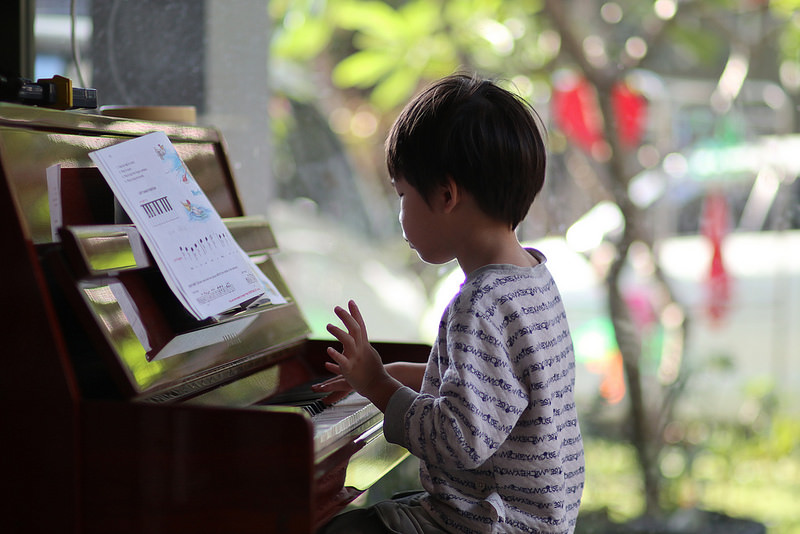

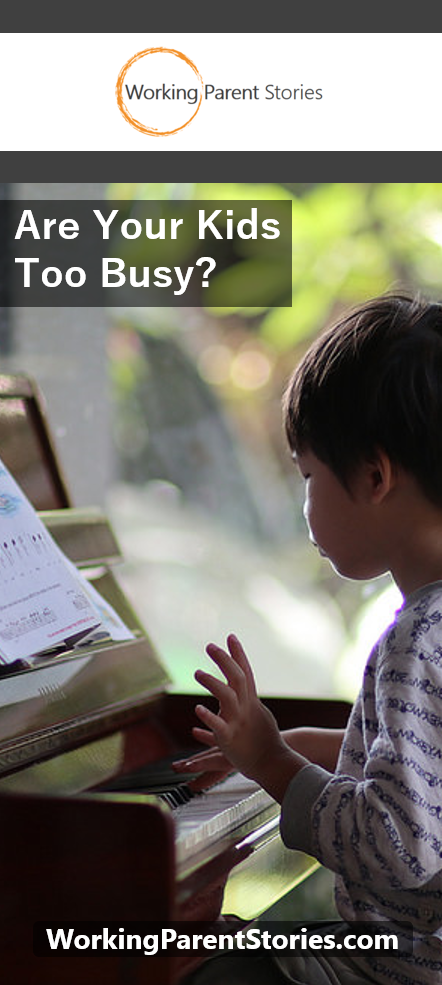


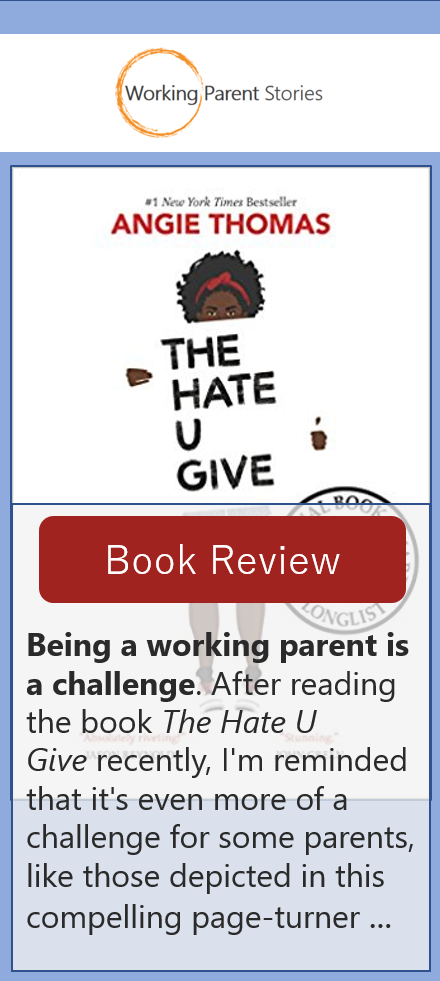




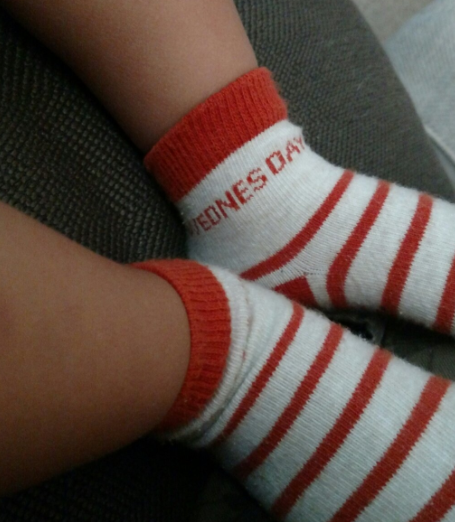

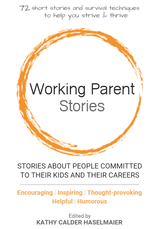
 RSS Feed
RSS Feed